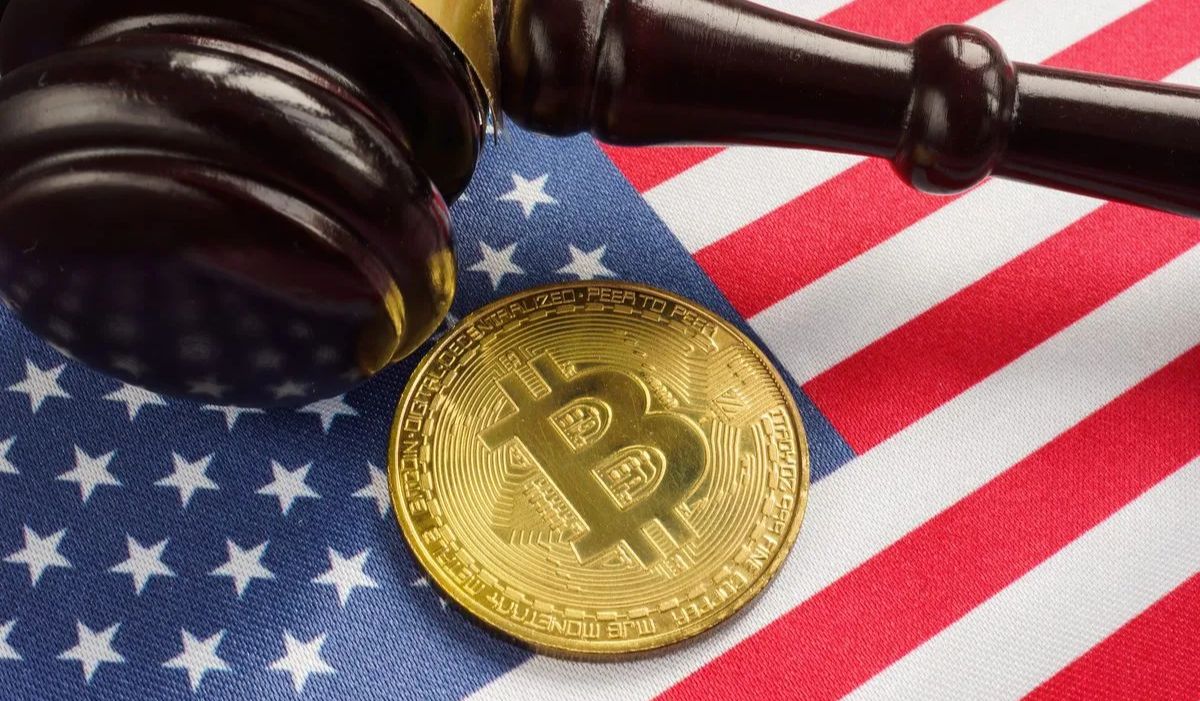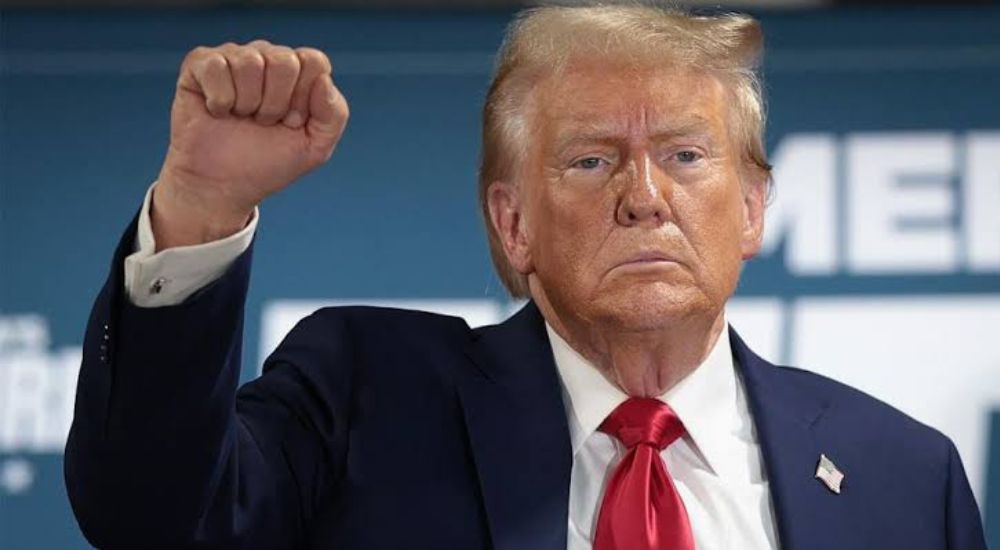Banking Senator Expects US Crypto Legislation by September

Senator Tim Scott, chair of the Senate Banking Committee, has projected that comprehensive crypto legislation will be finalised by the end of September.
Speaking alongside White House crypto adviser Bo Hines at a press conference on Capitol Hill, Scott said, “I think that is a realistic expectation,” referring to the September 30 deadline.
The target date is later than President Donald Trump’s request for a summer passage before the congressional August recess—but it is still significantly earlier than the year-end estimate previously voiced by other lawmakers.
Just a day earlier, Senator Cynthia Lummis had suggested that the legislation might not be ready until the end of 2025. However, at Thursday’s event, she backed Scott’s timeline, stating, “Yes, sir. You’re the chairman, and we will do as you wish.”
The proposed legislation covers two key areas: one focuses on broader crypto market regulations—such as oversight, responsibilities, and legal frameworks—while the other targets the governance of stablecoins, which are cryptocurrencies pegged to fiat currencies like the U.S. dollar.
Last week, the Senate passed the GENIUS Act, one of the major bills addressing crypto infrastructure. Senator Scott urged the House of Representatives to expedite its approval. “I’ve been very clear that I think the president’s mandate of moving the GENIUS Act immediately to his desk is in the best interest of the American people,” he said.
Bo Hines echoed this support, noting that both Scott and Lummis “clearly understand what’s happening.” However, momentum in the House appears slower. Representative French Hill, who chairs the House Financial Services Committee, acknowledged that differences still exist between the Senate’s version of the bill and the House’s proposed stablecoin framework.
Another layer of complexity involves the Agriculture Committee, which must also approve the market structure component of the legislation. So far, it hasn’t moved as swiftly as the Banking Committee, raising concerns about whether the September timeline can be met.





